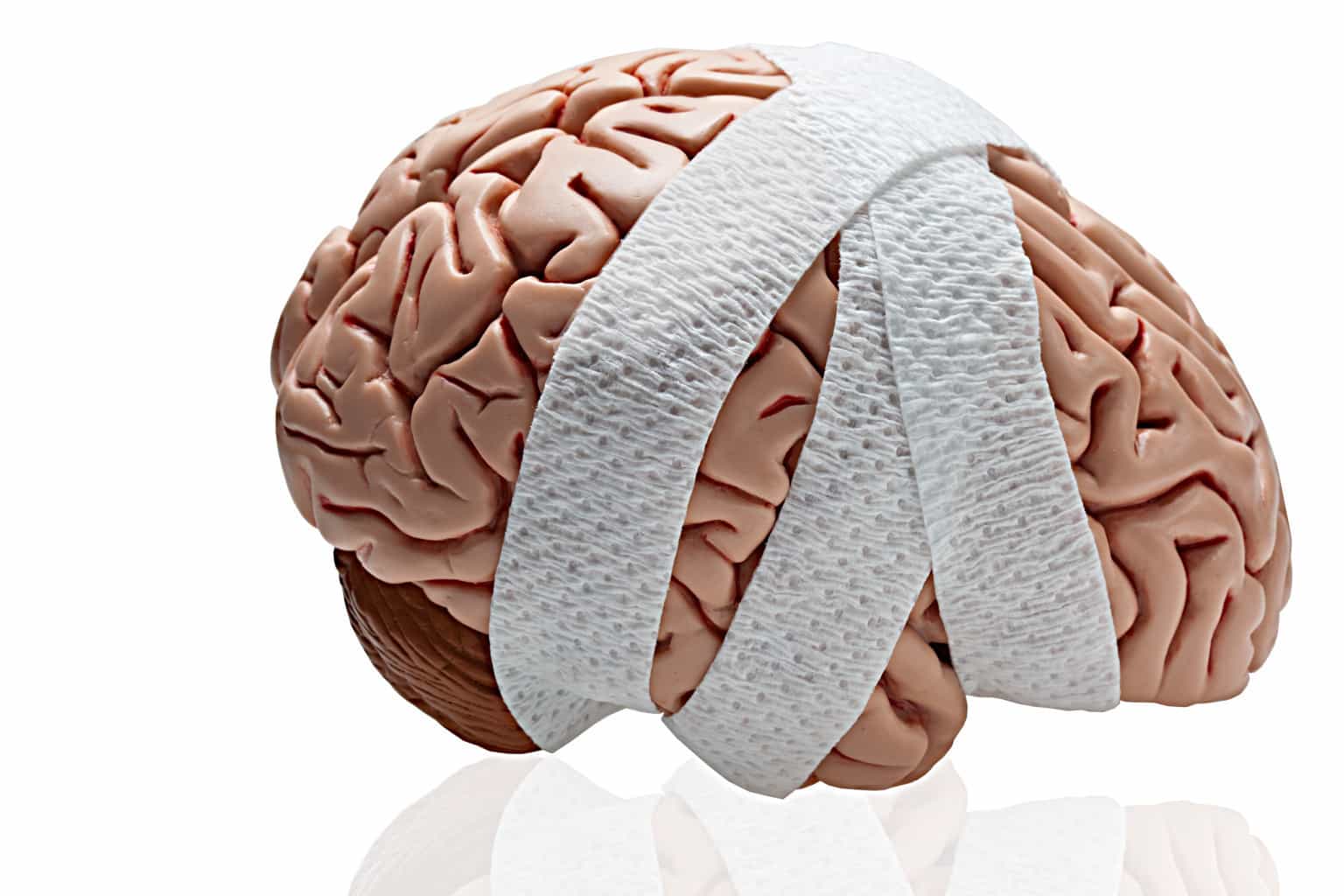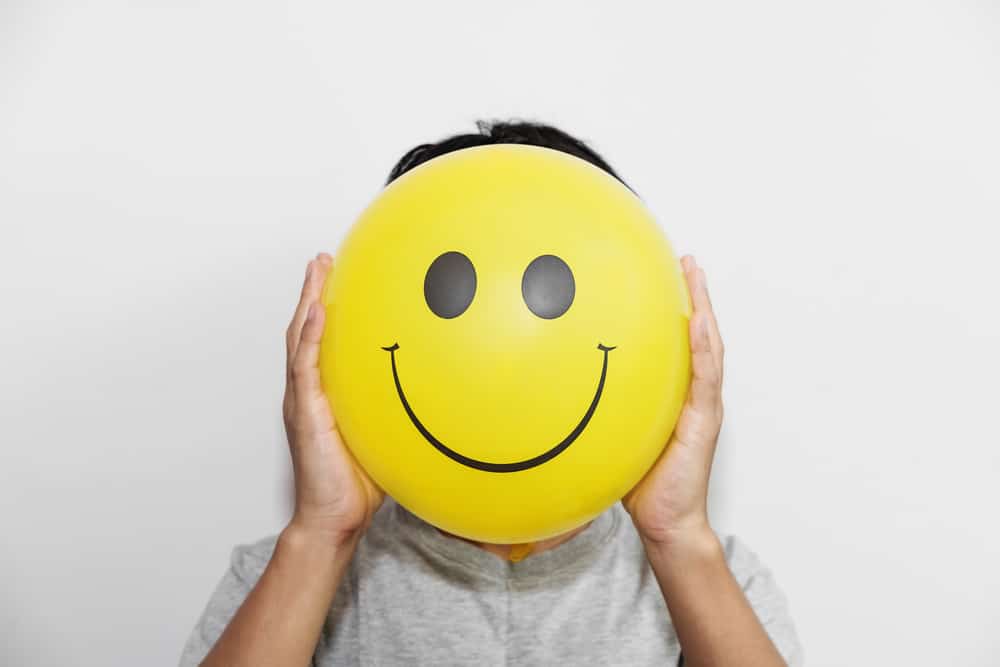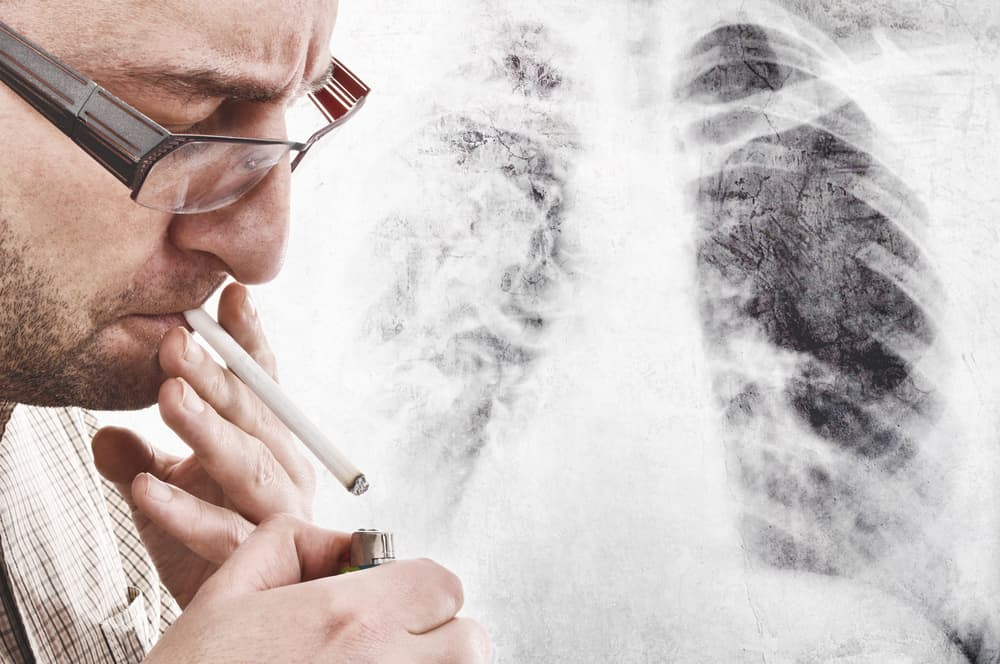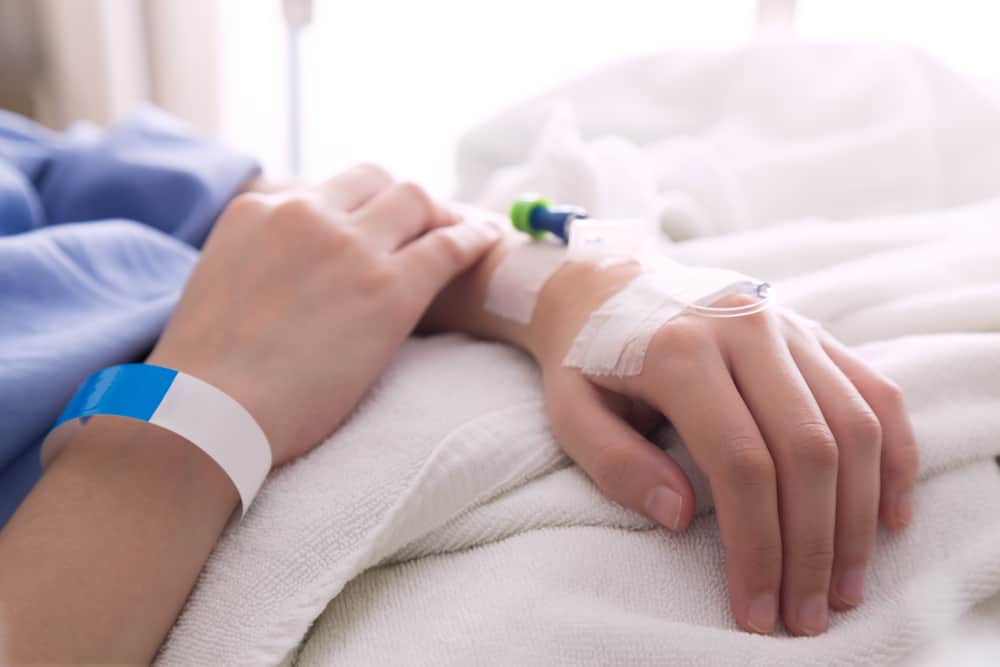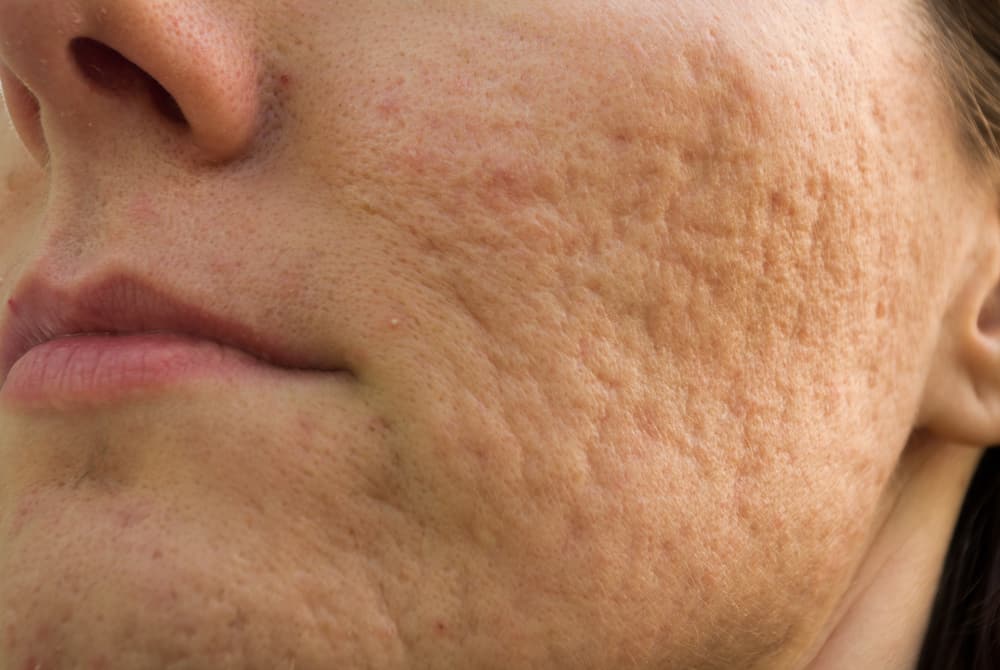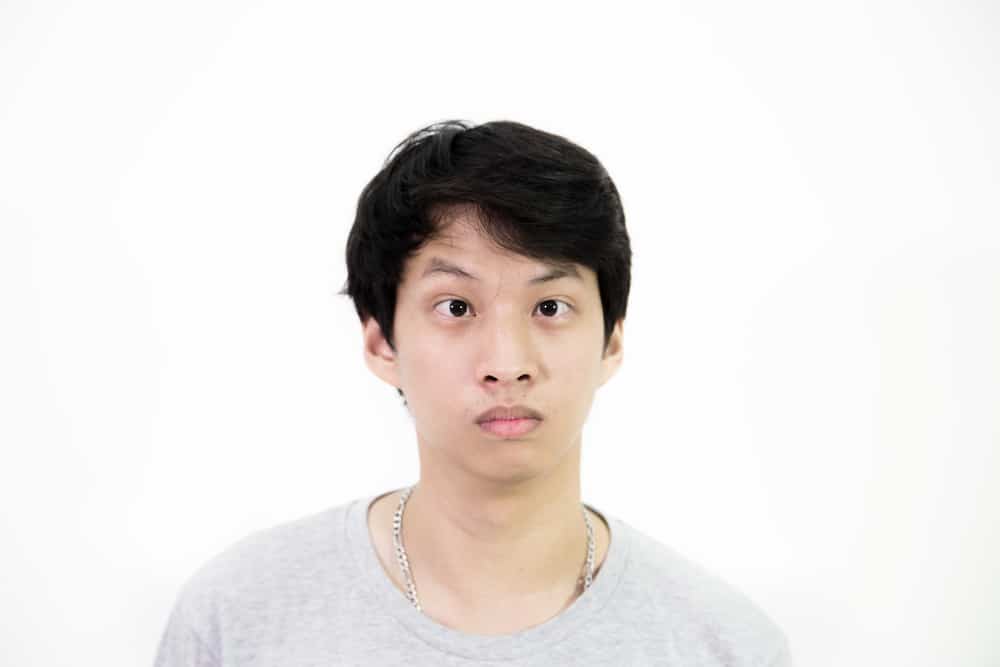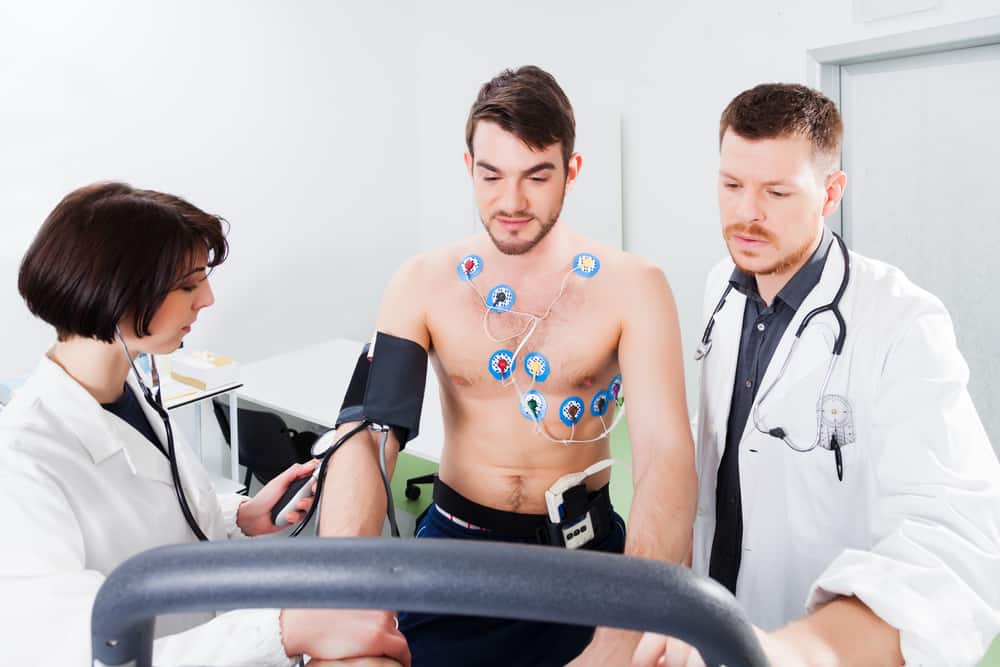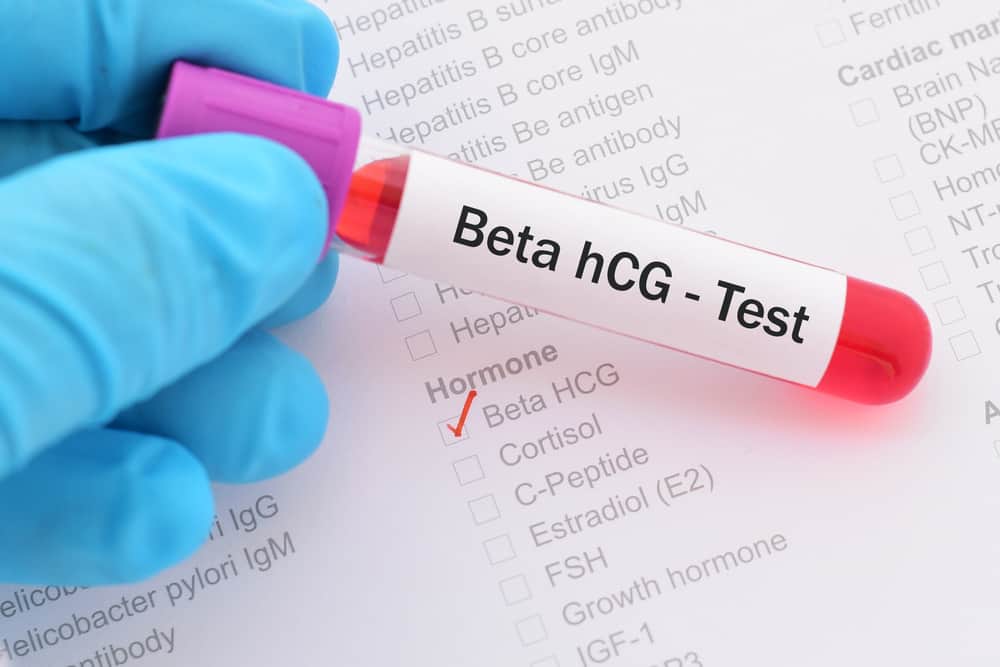Contents:
- Medical Video: Concussion / Traumatic Brain Injury (TBI)
- What are the features and symptoms of concussion?
- Symptoms in thinking and remembering
- Physical symptoms
- Symptoms in emotions and mood
- Symptoms in sleep habits
- What can be done to help restore concussion?
- Speed up healing of concussions in adults
- Speed up the healing of concussions in children
Medical Video: Concussion / Traumatic Brain Injury (TBI)
When you experience a severe fall or accident that shakes the brain in the skull, you can sometimes get a concussion. Even though it can appear a wound or bruise on the head or face, maybe your brain injury does not show any symptoms.
What are the features and symptoms of concussion?
If someone you know has a concussion, you can see the following changes to him:
Symptoms in thinking and remembering
- don't think clearly
- unable to concentrate
- unable to remember new information
Physical symptoms
- nausea and vomiting
- headache
- dazed or blurred vision
- sensitivity to light or sound
- balance problem
- feeling tired or not energized
Symptoms in emotions and mood
- easily hurt or angry
- sad
- nervous or anxious
- more emotional
Symptoms in sleep habits
- sleep more than usual
- sleep less than usual
- hard to fall asleep
What can be done to help restore concussion?
People who have just had a head injury will not be allowed by a doctor to go to school or work. For now, let your loved one rest as much as possible if he has just had a concussion. Rest is very important after concussion because it helps the brain to recover. Ignoring symptoms and expecting them to function "as normal" often makes their symptoms worse. Be patient because recovery takes time.
Concussion sufferers may not be able to do homework temporarily. You will be very much needed to manage everything. Cook for one or two servings, take care of the children, or bring flowers or films to encourage them. With limited activities they may do, entertainment will be highly valued.
Speed up healing of concussions in adults
- Get plenty of sleep at night, and rest in the afternoon.
- Avoid activities that require physical work (such as heavy cleaning work, lifting weights or sports) or needing a lot of concentration (eg checking a passbook). This can make your symptoms worse and slow down your recovery.
- Avoid activities such as contact sports or recreational sports, which can cause other concussions. Avoid roaller coasters or other high-speed rides that can make your symptoms worsen or even cause a concussion.
- When the doctor states that you have improved enough, go back to your normal activities gradually, not all of them.
- Because your ability to respond may slow down after a concussion, ask your doctor when you can drive a car, ride a bicycle, or operate heavy equipment safely.
- Consider consulting your leader about returning to work in stages and about changing your work activities or schedule until you recover (eg working half a day).
- Take only medication that has been approved by the doctor.
- Do not drink alcoholic beverages until the doctor says that you have recovered enough. Alcohol and other drugs can slow recovery and put you at risk of further injury.
- If you are easily distracted, try to do it one by one. For example, don't try to watch TV while preparing dinner.
- Consult family members or close friends when making important decisions.
- Don't ignore your basic needs, like eating well and getting enough rest.
- Avoid using computers continuously, including computer games or video games, in the initial recovery process.
- Some people report that boarding an airplane makes their symptoms worsen for some time after a concussion.
Speed up the healing of concussions in children
You can help your child recover quickly after a brain injury by taking an active role in their recovery:
- Make the child rest a lot. Make a regular sleep schedule, including a ban on sleeping late and staying overnight.
- Make sure the child avoids high-risk / high-speed activities, such as cycling, exercising, or climbing things on the playground, a roller coaster or a vehicle that can cause collisions, punches, or other jolt to his head or body. Children should not return to this type of activity until the doctor says they have recovered enough.
- Give children only drugs that have been approved by a pediatrician or family doctor.
- Consult with a doctor about when the child must go back to school and other activities, and how parents or caregivers can help him overcome the challenges he might face. For example, your child may have to spend less time in school, take frequent breaks, or need more time to do an exam.
- Share information about concussions with parents, siblings, teachers, counselors, baby sitter, the trainer, and other people who interact with the child will help them to understand what has happened and how to meet the child's needs.
Hello Health Group does not provide medical advice, diagnosis or treatment.

